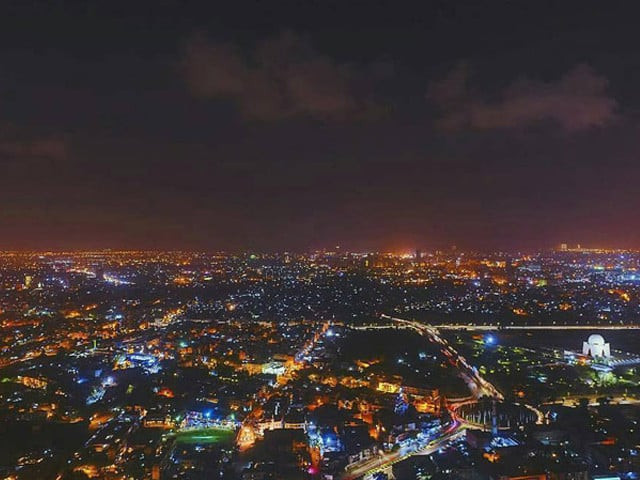Who will be crowned city’s mayor?
As per current party position, no party alone can win the mayoral election

Since the second phase of local government (LG) elections ended, everybody is asking: "Who will be crowned mayor of Karachi?" And, "Who will lay his hands on the prized position in the metropolitan city?"
As per the official results announced by the Election Commission of Pakistan (ECP), the Pakistan Peoples Party (PPP) has emerged as the single largest party in the Karachi Metropolitan Corporation City Council after the LG elections, followed closely by Jamaat-eIslami (JI), while the Pakistan Tehreek-e-Insaf (PTI) is in the third place.
The PTI has recently lent its support to the JI for the mayoral elections. However, the situation would become clear when the City Council convenes to elect the mayor and deputy mayor.
This explainer examines the party position in terms of their seats and some presumptive number game for the mayoral elections.
There are a total of 246 Union Committees in Karachi and the cumulative number of City Council members, including those on reserved seats, is 367. One per cent seats (two seats) are reserved for the transgender community; one per cent (two seats) for special persons, 33 per cent (81 seats) for women; five per cent (12 seats) for the youth; five per cent (12 seats) for workers or peasants, and five per cent (12 seats) for the minority communities.
A simple majority in the 367-member house is required for a candidate to be elected. In other words, a candidate needs 184 votes to win the coveted slot.
As per the current party position, no single party alone can secure the mayoral seat. The PPP has 99 seats, JI has 86, PTI has 41, PML-N eight, JUI-F 3, while the TLP and independents hold one seat each.
The ECP is currently withholding the results on six seats on the court orders.
Read Karachi faces renewed concerns as wheat reserves deplete
Now, let's examine how reserved seats are allocated and see that who will get what on the basis of this formula.
Multiply the number of seats a party has grabbed by 100 and divide it by 246. The resulting number represents the percentage of seats the party will receive in each category of reserved seats.
For example, if we multiply the PPP's 99 seats by 100 and divide it by 246, the result is 40.24. Therefore, the PPP will be allocated an average of 40.24 percent of seats in all categories.
Initially, seats will be allocated based on 40 per cent of each category. The remaining seats will be redistributed based on the party with the highest number after the decimal point, in the same order.
The house has a total of 81 reserved seats for women. If we multiply this number by 40.59 and round it off, the result is 32.87, meaning the PPP will receive 32 reserved seats for women in the initial phase.
Similarly, according to the number of seats won by all parties, using the aforementioned formula, seats will be distributed not only for women but for all categories of reserved seats.
Considering the incomplete results, the PPP is expected to receive 148 seats, JI 131, PTI 60, PML-N 11, and JUI-F 4 seats. However, this does not include the remaining seats, so the total number of seats for each party may change.
It is clear that no single party can secure the mayoral position alone.
With the support of PTI, the JI candidate has a good chance of winning, but it may not be easy for the JI to bring all PTI members on board and secure their votes.
As a result, the PPP remains hopeful that, with the support of members from other parties, it will be able to elect its candidate as mayor of Karachi.



















COMMENTS
Comments are moderated and generally will be posted if they are on-topic and not abusive.
For more information, please see our Comments FAQ